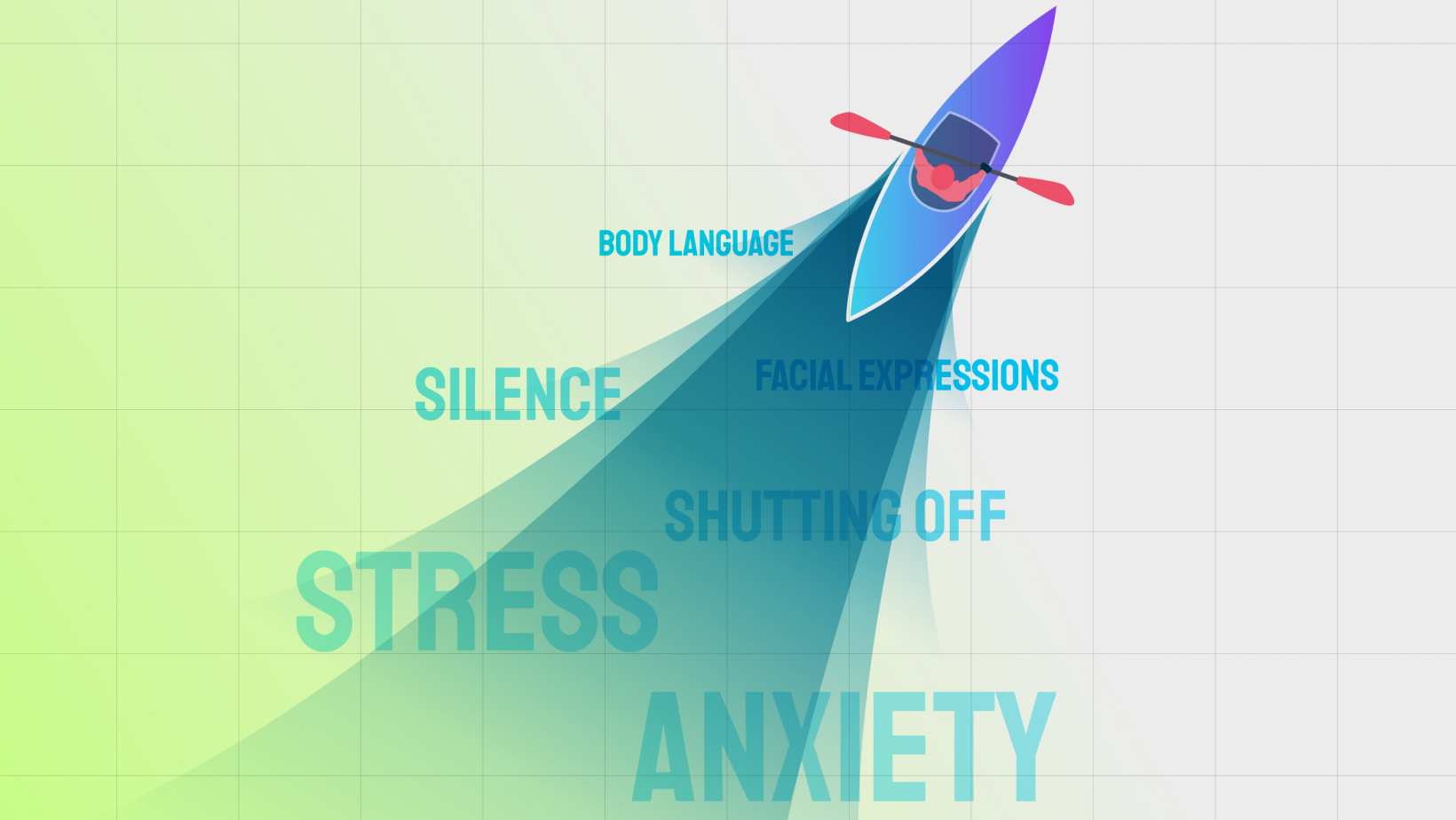

The wake that a manager creates as they fulfil their roles and responsibilities is similar to that of a boat as it makes its way across a stretch of water. Will that impact be positive or negative? What ripples do you create when you interact with team members? Every email you send, every meeting you lead, every piece of feedback you deliver creates your behavioural wake.
When work is plain sailing, you’ll be respectful, inclusive and approachable. You answer emails quickly, you run inspiring meetings and you deliver regular and constructive feedback. But it’s when things start to go wrong and stress levels start to rise that you need to consider your behavioural wake. The ripple effect from your behavioural wake is stronger than you might think.
If your resilience reserves are running low, stop to think about how you might be passing on second-hand stress to your team members.
That stress might manifest itself in your tone of voice, your body language or your facial expressions. And you may not even realise how you appear and how damaging your behavioural wake is becoming. You may cancel feedback or wellbeing conversations, or become unresponsive, disengaged and critical. Your team becomes uncomfortable, anxious and wary about approaching you. Neuroscientists have shown that when employees feel threatened or stressed their ability to problem-solve or be creative is impaired. So by not checking your behaviour you may be having more of a negative impact on business performance than you are aware.
So how do you stop your behavioural wake creating a negative experience for others? Asking other people and gathering feedback will help. Speak to other people in the business: what are the signs you are becoming stressed? Ask yourself how you can change your unhelpful behaviours into helpful behaviours.
Creating a positive wake is a requirement, not a ‘nice to have’. So pay consistent attention to the impact you are having on others. Have the courage to ask for constructive feedback. Identify and address your shortcomings, especially when you are stressed.
For more articles and insights for managers, download our free Manager’s Toolkit magazine.